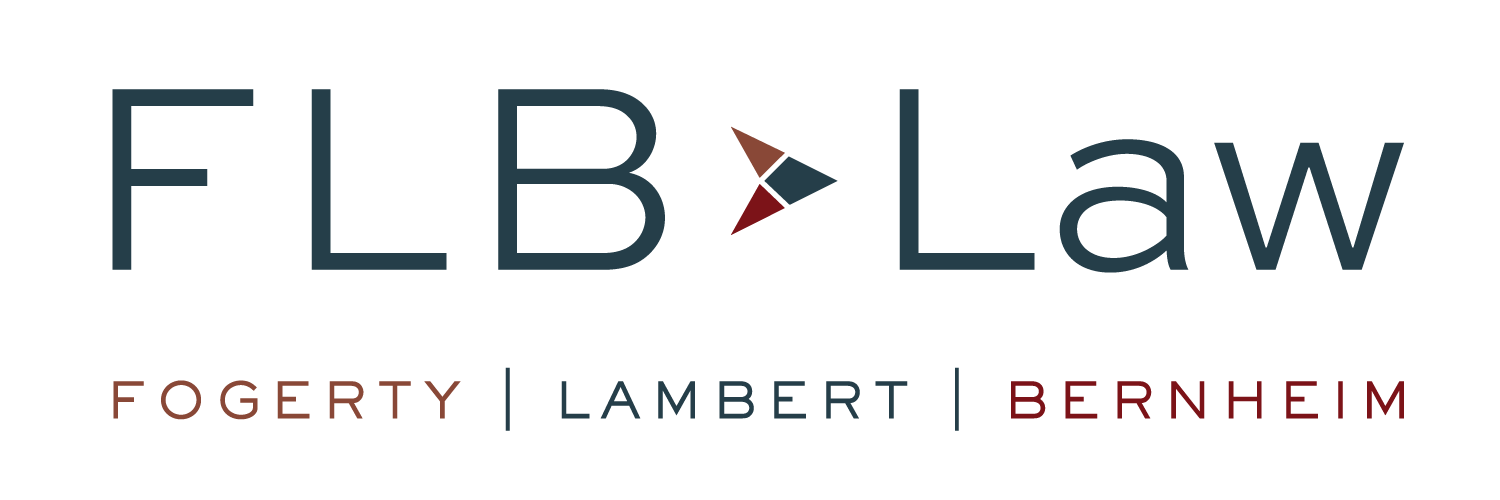Four New Connecticut Laws to Know for Fall 2024
The law is constantly evolving. This fall, a spate of new laws impact Connecticut residents and businesses in various ways. Here is a roundup of four state laws that took effect October 1.
Home Improvement Contractors and Access to the Guaranty Fund
An updated law provides additional protections for homeowners in their dealings with home improvement contractors and creates incremental negative consequences for contractors who do not use proper home improvement contracts.
Connecticut law generally requires home construction contractors to register with the Department of Consumer Protection (DCP) and pay into a guaranty fund. The Home Improvement Guaranty Fund reimburses up to $25,000 per claim to consumers who cannot recover losses caused by registered contractors for contracts valued over $200.
The new law explicitly allows consumers to recover from the guaranty fund when the contractor is a business entity. It also explicitly authorizes the DCP to discipline a contractor or salesperson for doing home improvement work without a proper contract.
Home improvement contracts must meet certain criteria in compliance with the Home Improvement Act to be enforceable. These contracts must be in writing, contain the entire agreement, with commencement and completion dates, and be signed and dated by both parties, with a copy delivered to the homeowner at the time of contract execution. Without a compliant contract, the contractor cannot enter a claim against the consumer for non-payment, even if the contractor does everything else right. To add insult to injury, the new law authorizes the DCP commissioner to discipline contractors for non-compliant contracts. Discipline may include revoking, suspending, refusing to issue or renew contractors’ registration, putting them on probation, or reprimanding them. The updated law underscores contractors' importance in issuing proper contracts for all home improvement projects.
Short-Term Residential Leases
Short-term residential rentals – totaling 30 days or less – have become increasingly popular in Connecticut, particularly near the shoreline and casinos. Towns experiencing unwanted spikes in tourism now have an opportunity to restrict short-term rentals of furnished dwellings or parts of dwellings. A new law explicitly authorizes municipalities to adopt ordinances regulating the operation of short-term rental properties and requiring their licensure, and to hire consultants to help them develop these ordinances. If you are considering purchasing a short-term rental property, be sure to review the applicable municipality’s regulations and plans for the future.
Notice of Rent Increases
Consistent with the increasing tendency of Connecticut laws to protect residential tenants, landlords must now provide 45 days written notice of a proposed residential rent increase before it takes effect. For residential tenants with lease terms of one month or less, the notice must equal the entire lease term (for instance, notice for a 30-day lease term must be at least 30 days). The act specifies that tenants’ failure to respond to the notice does not mean they agree to the proposed increase. The law also does not authorize landlords to increase rent during the rental agreement term, nor does it alter any notice requirements imposed by federal law. Previously, Connecticut law did not require landlords to give advance notice of rent increases planned at lease renewal, though some lease agreements have provisions requiring one. The new law applies to rental agreements entered, renewed, or extended on or after October 1.
Emergency Mortgage Assistance Program
Broad changes to the Connecticut Housing Finance Authority’s (CHFA) Emergency Mortgage Assistance Program may impact who is eligible for the program while increasing the agency’s flexibility in assisting eligible homeowners. The state-funded loan program assists with mortgage payments for homeowners facing financial hardships due to circumstances beyond their control. The act makes several income and expense consideration changes that could potentially expand or reduce program eligibility. The program also allows CHFA to make lump sum emergency mortgage payments to mortgagees and provides the agency with additional flexibility in making program payments and setting the repayment agreement terms with homeowners, among other changes.
Updates to the program may create new opportunities for homeowners struggling to pay their mortgages and mortgage lenders who are looking to collect payments.
Attorney Matthias Sportini, who focuses on litigation and transactional matters, is a Partner at FLB Law in Westport, Conn. Contact Matt at sportini@flb.law or 203.635.2200. For more information about FLB Law, click here.
